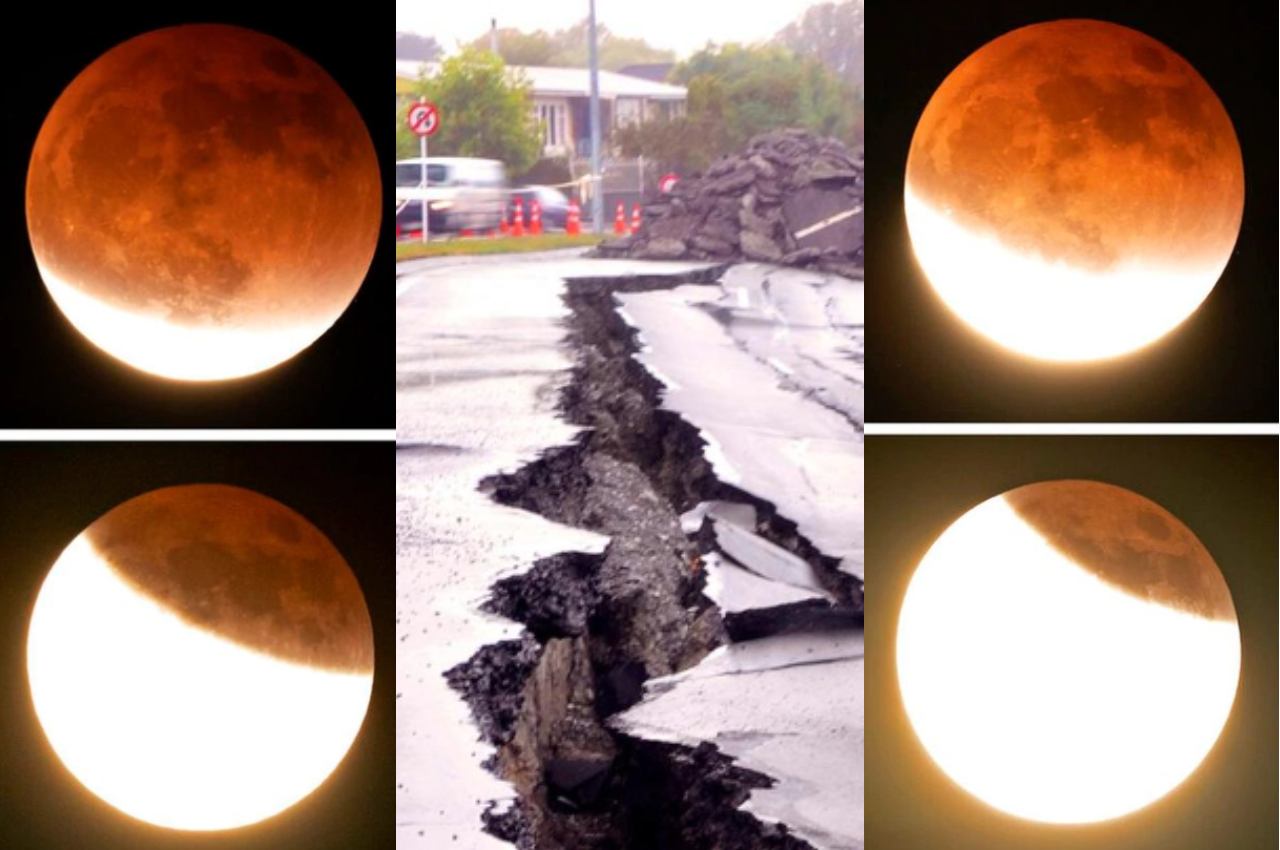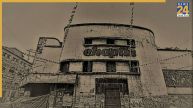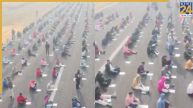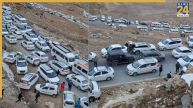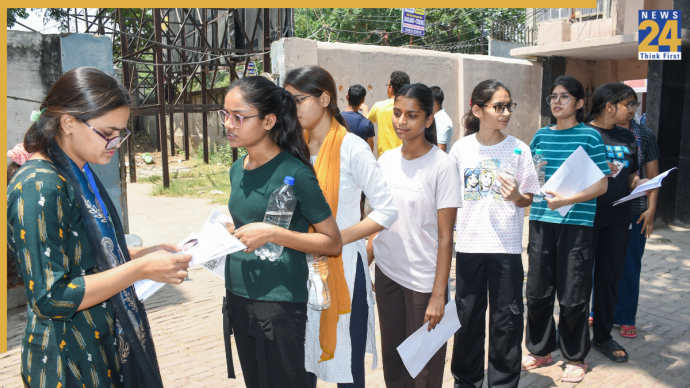New Delhi: Following the lunar eclipse, an earthquake hit many states of Northern India on the intervening night of Tuesday-Wednesday. Strong tremors were felt in Delhi-NCR and Uttar Pradesh due to the 6.3 magnitude earthquake which had its epicenter in Nepal. Similarly, after the solar eclipse that occurred post-Diwali, tremors were also felt in Jabalpur district of Madhya Pradesh. Do you know that many major earthquakes occur around a lunar eclipse more than a solar eclipse? Here is why.
Connection between earthquake and eclipse
In astrology it is believed that natural calamities like earthquake occur a few days before or after an eclipse, especially around lunar eclipse. Many scientists also support this point. There are many such examples when strong earthquakes occur around the time of a lunar eclipse. Let us try to understand this through the research of Australian geologist Robert Bust.
Here is what research says
Australian geologist Robert Bust presented a shocking report in 2012 about this. It was claimed in the research that the gravity of the moon is now affecting the earth more than ever. We all know that the moon’s gravity causes tides in the ocean. However, only a few people would know that the gravitational force of the Sun and the Moon also stirs the tectonic plates beneath the Earth’s surface. According to Robert, this connection might prove to be dangerous .
This phenomenon ‘encourages’ earthquake
The research further states that due to the force of gravity, these movements on the Earth intensify when the Sun, Moon and Earth are in a straight line and this is what happens during an eclipse occurs. The research further states that during this time, a bulge of up to 55 cm can occur in the Earth’s core. As an impact of this tectonic plates move which can cause major earthquakes.
Robert claimed that he has been researching earthquakes of magnitude which measure above 6.0 on the Richter Scale in the world since 1973. He found that most of them occur around a lunar eclipse or solar eclipse.
He further claimed that during a lunar eclipse, major earthquakes are more likely to occur after a lunar eclipse than a solar eclipse. This happens because during this time the gravity of the Sun and the Moon make collective impacts on the Earth from both sides.
Referred to earthquake in Japan, Iran
Bust also referred to the lunar eclipse that occurred on December 21, 2010. An earthquake of magnitude 7.5 struck Japan on the same day, which claimed many lives. The very next day, a 6.5 earthquake in Iran killed 11 people. Robert has also written several books on earthquakes and its associated predictions, and many of his documentaries have been broadcast on TV.

